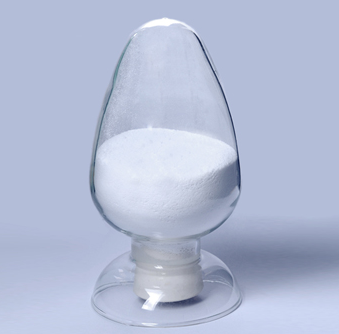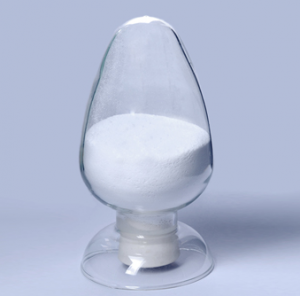描述
Product Description: Tryptophan
Product Alias:
- L-Tryptophan
- Tryptophane
Appearance: Tryptophan is a white, crystalline powder with a faint, characteristic odor. It is soluble in water and slightly soluble in alcohol.
Character: Tryptophan is an essential amino acid, meaning it cannot be synthesized by the human body and must be obtained through diet or supplementation. It plays a crucial role in protein synthesis and is a precursor for various important molecules in the body, including serotonin, melatonin, and niacin.
Category: Tryptophan falls under the category of dietary supplements and pharmaceutical ingredients. It is commonly used in the production of nutritional supplements, pharmaceutical formulations, and functional foods.
Chemical Formula: The chemical formula of Tryptophan is C11H12N2O2.
Molecular Formula: The molecular formula of Tryptophan is C11H12N2O2.
Tryptophan Application in the Pharmaceutical Industry: Tryptophan has several applications in the pharmaceutical industry due to its diverse physiological functions and potential health benefits. Here are some key applications:
-
Serotonin Production: Tryptophan is a precursor for serotonin, a neurotransmitter that regulates mood, appetite, and sleep. By increasing serotonin levels, Tryptophan supplementation may help alleviate symptoms of depression, anxiety, and insomnia.
-
Melatonin Synthesis: Tryptophan is also a precursor for melatonin, a hormone that regulates the sleep-wake cycle. By promoting melatonin production, Tryptophan can aid in improving sleep quality and regulating circadian rhythms.
-
Niacin Synthesis: Tryptophan is a precursor for niacin (vitamin B3), which is essential for energy production, DNA repair, and the synthesis of various hormones. Tryptophan supplementation can help ensure an adequate supply of niacin in the body.
-
Immune Function: Tryptophan plays a vital role in supporting immune function. It is involved in the production of immune cells and the regulation of immune responses. Tryptophan supplementation may help enhance immune function and reduce the risk of infections.
-
Mood and Mental Health: Tryptophan is known to influence mood and mental health due to its role in serotonin synthesis. By increasing serotonin levels, Tryptophan may help improve mood, reduce symptoms of depression, and promote overall mental well-being.
-
Weight Management: Tryptophan has been studied for its potential role in appetite regulation and weight management. It is believed to promote satiety and reduce food cravings, which can aid in weight loss efforts.
-
Nutritional Supplements: Tryptophan is commonly used as an ingredient in nutritional supplements designed to support overall health and well-being. It is often combined with other amino acids, vitamins, and minerals to provide a comprehensive nutritional profile.
-
Functional Foods: Tryptophan is incorporated into various functional foods, such as protein bars, shakes, and fortified beverages. These products aim to provide a convenient and tasty way to supplement Tryptophan and other essential nutrients.
In conclusion, Tryptophan is a versatile amino acid with numerous applications in the pharmaceutical industry. Its role in serotonin and melatonin synthesis, immune function, mood regulation, and weight management make it a valuable ingredient in nutritional supplements, pharmaceutical formulations, and functional foods. With its wide range of potential health benefits, Tryptophan continues to be a popular choice for individuals seeking to support their overall well-being.

